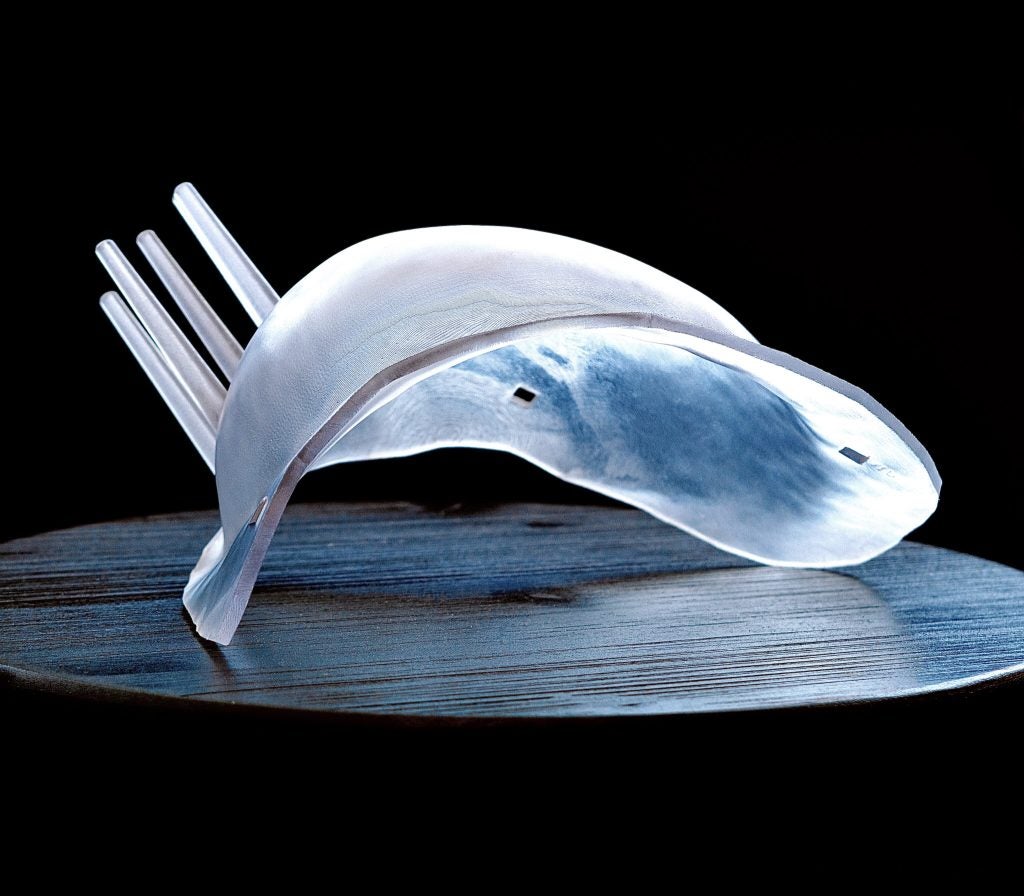Researchers at the University of Birmingham in the UK have secured funding from Pancreatic Cancer UK's Research Innovation Fund to develop a new device, dubbed 'ChemoPatch,' for delivering chemotherapy.
The new device will be designed to administer chemotherapy to tissue directly post-surgery to help reduce the chances of pancreatic cancer recurrence, potentially improving survival rates for patients.
The project is spearheaded by University of Birmingham Pharmaceutics, Formulation and Drug Delivery associate professor Dr Christopher McConville.
It will focus on enhancing patient outcomes after surgical intervention.
McConville has already created a prototype that could be affixed to the pancreas during surgery to target residual cancer cells.
The funding will enable the research team to refine the prototype into an implantable device that considers patient-specific factors such as size, flexibility, and shape.
Dr McConville said: “Using an approach like ChemoPatch will allow us to deliver small, but effective, doses of the drugs directly to the cancerous tissue, improving their clinical performance by increasing efficacy while reducing toxicity.”
Featuring a hollow silicone tube, the device will be engineered to release chemotherapy over seven days directly into the body.
Furthermore, the research team will investigate the most effective methods for securing the device to the pancreas, exploring options like stitching and surgical adhesives.
The ultimate goal is to advance the ChemoPatch device to clinical trial phases if the project proves successful.
University of Birmingham Enterprise has filed a patent application for the device.
Pancreatic Cancer UK Research head Dr Chris MacDonald said: “This innovative new technique offers the opportunity to much more quickly deliver a high dose of post-operative chemotherapy to the right place, whilst also minimising side effects.
“If successful, this research could have a really positive impact for patients and, crucially, help improve survival for the deadliest common cancer.”
















